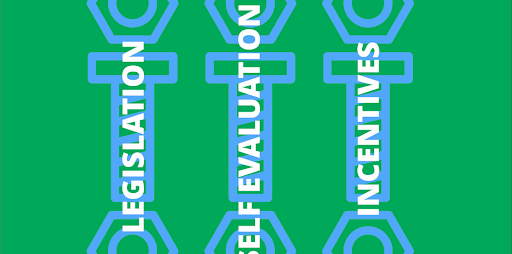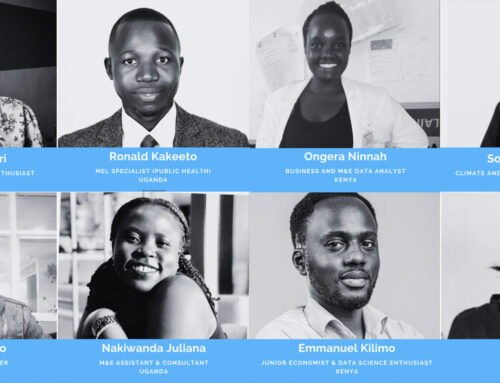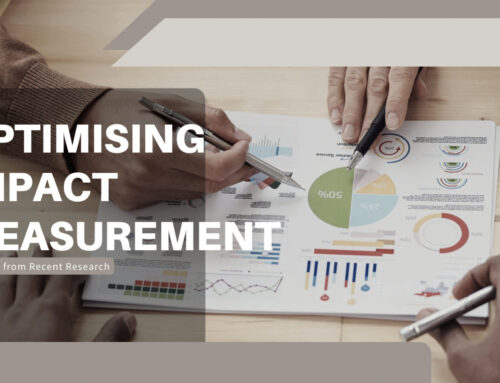The role of the state in protecting lives and property, providing essential amenities, and developing policies that increase the income of its citizens cannot be overemphasised. Unfortunately, in developing countries, an effective state is rare, and Nigeria isn’t an exception, but this trend can be reversed. At the turn of the enlightenment era, the per capita income of a Nigerian was higher than that of a South Korean, or a Japanese citizen. Presently, South Korea’s income per capita is more than triple of what a Nigerian earns. South Korea’s economic development has been attributed to its unique government performance system characterized by self-evaluation, all-inclusive evaluation set, and performance evaluation that contributed to its economic development. (Korea’s Government Performance Evaluation System and Operating Experience, 2013)
The Nigerian government can start positioning itself into evaluating its internal mechanism in delivering on development project by legislating a government evaluation act. This kind of legislation was enacted in 1993 in the USA as the Government Result and Performance Act. In 2006, the same Act was passed in South Korea as a Government Performance Evaluation Act. Self-evaluation is considered as a central framework of government performance evaluation in both developing countries and developed countries. A mode of self-evaluation needs to be adopted as an official policy evaluation instrument. For instance, there should be a policy that stipulates that each ministry, department and agency must submit an evaluation of their internal mechanism of operation and service delivery performance annually. An instrument of self-evaluation is especially useful in evaluating annual government performance.
(A comparison of Nigeria and South Korea GDP/Capita Per Person between 1945 and 2018, Source: Gapminder, Accessed June 13, 2018)
A top-down system of evaluation may be adopted as a supplementary evaluation framework for self-evaluation. This can be in the form of a committee, carved from the staff of government agencies who already have the knowledge and skills to evaluate policies, programmes and projects. In South Korea, the GPEC (Government Performance Evaluation Committee), a primary institution of government performance evaluation is responsible for top-down evaluation (called Teukjung evaluation) on critical national policies which consist of three evaluation sections, nine evaluation items, and 15 evaluation indicators. The GPEC is also responsible for creating different grades of performance for government agencies, published annually. Nigeria doesn’t need to create a separate agency for this, rather they can appoint a committee of 15 evaluators who are responsible for evaluating government agencies projects, while providing technical assistance to the agencies.
Incentives that institutions generate are essential for its effectiveness. (North, 1990). A variety of incentive systems needs to be adopted. The Federal Ministry of Finance in Nigeria can increase the percentage of budget allocated to a Ministry that has an appreciable performance in project delivery. A systematic incentive system needs to be developed to turn the results into policy improvement and personnel motivation. In South Korea, Under the area of fund operation management, ten percent of budget cut, at a minimum, is imposed on government programs with a grade of C or a D. For instance, National Housing Fund and Public Capital Management Fund were graded as a D in the 2012 performance evaluation, and their budget for the 2013 fiscal year was cut by at least 10 percent accordingly. The results from policy evaluation are fed back into reformulation for policy improvement.
In conclusion, as Chinua Achebe succinctly opined in his 1984 book – Trouble with Nigeria, that Nigeria needs excellent leadership, it requires that champion to help drive these nuts and bolts – a legislation on an evaluation of government programmes; an internal, apolitical, transparent evaluation team; and a dynamic reward system. It is debatable that even in South Korea, the emergence of great leadership led to the initiation of this self-evaluation system. Hopefully, that Champion will emerge in Nigeria soon! I look forward to your comments in the space below.




